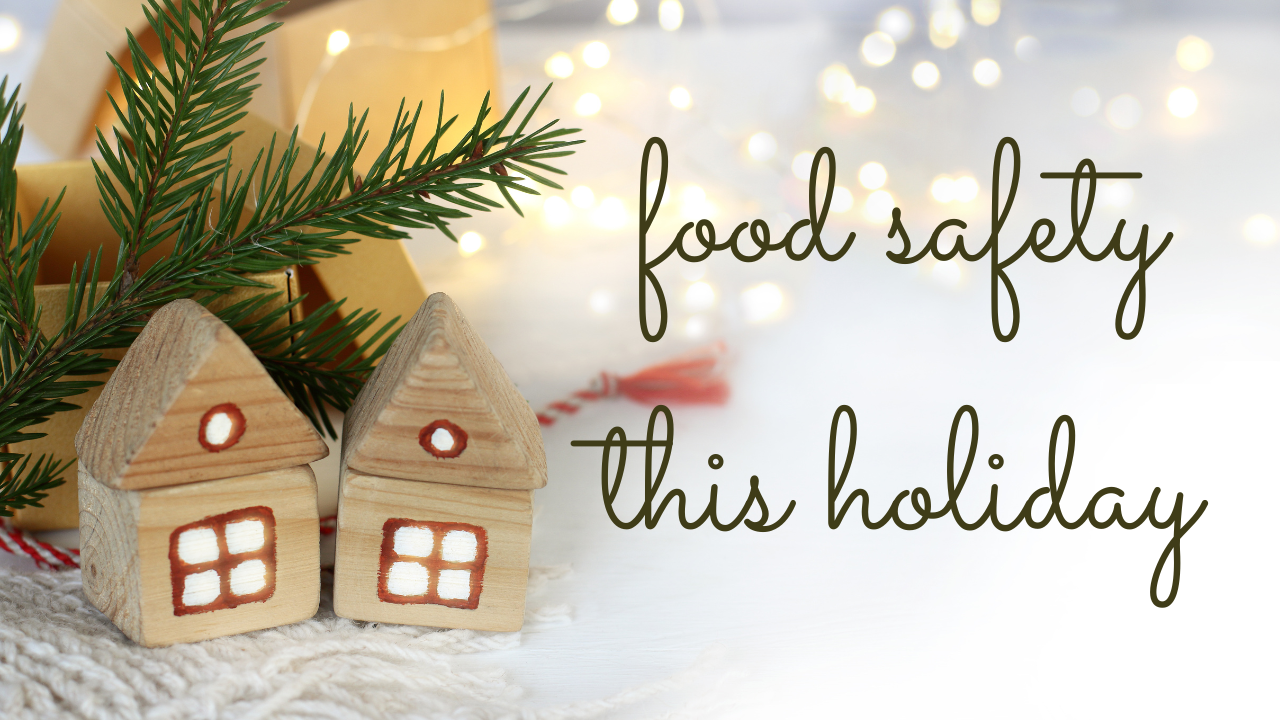Top Ten Tips To Control Holiday Food

Issue No. 15 | Brought to you by the Addiction Reset Community – ARC
Unlocking the secrets of processed food addiction and guiding you to find freedom from food and weight obsession.

Holiday seasons can be a challenging time for people who are trying to abstain from processed foods and maintain their recovery from processed food addiction. The holidays are unashamedly littered with these chemically-engineered, food-like substances that Big Food would have us believe is central to holiday celebrations. What they fail to mention is the devastating, painful short and long-term effects of these toxic foods.

But we CAN keep ourselves safe from the unscrupulous marketing and the deliberately stimulating supermarket set-ups aimed at triggering the addicted neurons in our brains, for the sole purpose of increasing profits. There is zero consideration for the physical, mental, emotional and financial harm these processed foods have on individuals, or society as a whole.
With a deep-rooted understanding of the science of processed food addiction, based on Dr Joan Ifland’s research and the textbook “Processed Food Addiction”, the Addiction Reset Community hosted a workshop titled Top Ten Tips To Control Holiday Food.
The workshop explained the following key tips:
- Find out if you are experiencing the signs of processed food addiction
- Look at the people around you
- Divide food into real food vs addictive drugs
- Understand that cueing/triggering is why you lapse
- The role of Big Tobacco in processed food addiction
- Consider that corporations are manipulating the holiday for profit
- Association between screens and processed food addiction
- Getting clear on the consequences
- Face down friends and family by email
- Accept that food is 20% of the problem
CLICK HERE to view a video recording of the full presentation.

Within the Addiction Reset Community (ARC) our members and their journeys are important to us. We find their stories inspiring and hopeful for everybody in health recovery.
“I really like that we take it at our own pace. I have been scared of going too fast. I listen to real people who are in the same situation. I understand them, and they understand me. I finally feel at home because of the depth of understanding. Dr. Ifland did her homework while writing the textbook and she really gets what I’m comfortable doing, and not yet ready to do. She never pushes me. I gently get to a place of being ready to do something easily and then I do it. I’m always trying new activities because I get results. Because I have time to get ready, it’s much easier than any other program I’ve ever been in. I’m happy to stick with this because it’s easy and actually fun. I’ve always done something right because the emphasis is on learning. I’m always learning from everything I do so it’s always well-received. I feel good instead of being made to feel bad like I’m always making mistakes. There are no mistakes in this program, just discovery events."

Many people reach out to Joan asking for advice and assistance on how they can begin their recovery journey.
Dear Joan
I have been struggling to control food for years and I have considered that I may have an addiction. I made an appointment with a nutritionist but she gave me a regular diet meal plan and asked me to stick to that. When I suggested that I may have an addiction to the foods that she recommended I abstain from, she simply repeated that I should avoid them and stay on the recommended food plan. I am not sure where to go from here.
Joan responds:
Nutritionists are trained to specialise in supplements and food plans. They are not typically trained in addiction recovery. Processed Food Addiction recovery is a highly specialized field. Compliance with a clean food plan requires management of the addiction. Seek out a support program that can help you to learn the skills and techniques required to overcome processed food addiction. The Addiction Reset Community is based on over 25 years of research in this emerging field and is helping people all around the world to get control of their food.
DISCLAIMER:
Dr Joan Ifland (PhD) is a global expert on the subject of processed food addiction and is not a medical doctor. Information and response shared in this Newsletter are not intended for, and should not be construed as medical advice.

Do you have a question? Reach out to us with your questions about food addiction and recovery at gethelp@foodaddictionreset.com
Are you showing signs of Processed Food Addiction? Take this self-quiz to find out now!
Recent copies of Dr Joan Ifland's Blog:
Issue 01 | Issue 02 | Issue 03 | Issue 04 | Issue 05 | Issue 06 | Issue 07 | Issue 08 | Issue 09 | Issue 10 | Issue 11 | Issue 12 | Issue 13 | Issue 14

